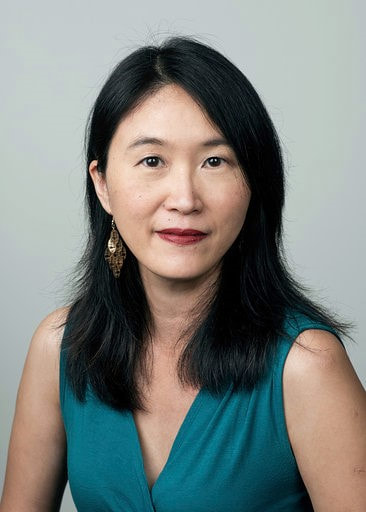In this ever-evolving digital age, our children are born into a world saturated with technology. From their first swipe on a smartphone to their first post on social media, they are digital natives in a landscape that many of us parents are still trying to navigate. But just as we’re vigilant about what goes into their bodies, shouldn’t we be just as vigilant about what goes into their minds? Enter Professor Lim Sun Sun from Singapore Management University.
She is a leading expert in communication studies and a committed advocate for online safety. As a parent herself, she understands the challenges and fears that come with raising children in the digital era. In the recent Online Harms Symposium, she passionately argued against the normalization of online harms and championed for greater parental control over children’s online content.
Let’s delve deeper into the insights shared by Professor Lim and other experts during the symposium, and explore how we, as parents, can create a safer digital environment for our children.

Source: Sun Sun Lim – About
Rejecting the Normalization of Online Harms
“The normalisation of online harms is unhealthy,” warns Professor Lim Sun Sun. In a virtual panel discussion at the Online Harms Symposium, she stressed that society must not fall into the trap of assuming that online harm is an inherent part of the digital landscape.
Lim Sun Sun’s Social Media-Food Analogy
Drawing from her experiences as a parent, Lim compared social media use to consuming a fictitious mood-enhancing cereal. Just as parents may unknowingly expose their children to the mood swings caused by this cereal, they also lack sufficient information to protect their children from harmful online content.
Informational Asymmetry
Lim highlighted the troubling lack of informational agency and symmetry in the realm of social media. Furthermore, this asymmetry exists between technology companies, policymakers, and academia, leaving us in the dark about the true impact of social media on children’s development and personal safety.
Lim Sun Sun on the Battle Against False Information
Basically, false information, misinformation, and disinformation are other notable forms of online harm. Carol Soon, a principal research fellow at the Institute of Policy Studies (IPS), pointed out that many people recognize false information but choose to ignore it.
Lim Sun Sun Supports Enhanced Online Regulations
Generally, the panellists agreed on the need for enhanced online regulations. Ambassador-at-large Chan Heng Chee suggested that the Singapore government could collaborate with technology companies, while Frances Haugen, an advocate for accountability and transparency in social media, called for more corporate transparency.
Regional Similarities in Online Harm Legislation
Carol Soon noted that regional countries around Singapore have more similarities than differences when it comes to online harm legislation. Malaysia, for instance, is considering laws to remove harmful content related to race, religion, and royalty, similar to Singapore’s approach.
The Online Harm Symposium: A Platform Supported by Lim Sun Sun

Source: Ministry of Law, Singapore on X
The Online Harm Symposium, jointly organized by the Singapore Management University Yong Pung How School of Law and the Ministry of Law, aims to address issues related to protecting and empowering victims of online harm. Additionally, it serves as a platform for discussions on appropriate legal remedies and laws for these victims.
ALSO READ
Is it OK for parents to create social media accounts for their kids?
Singaporean Parents Open Up About the Biggest Struggles they Face With their Children’s Education
A.I. Is Everywhere. Here’s What To Tell To Your Kids.
 Together Against RSV
Together Against RSV SG60
SG60 Pregnancy
Pregnancy Parenting
Parenting Child
Child Feeding & Nutrition
Feeding & Nutrition Education
Education Lifestyle
Lifestyle Events
Events Holiday Hub
Holiday Hub Aptamil
Aptamil TAP Recommends
TAP Recommends Shopping
Shopping Press Releases
Press Releases Project Sidekicks
Project Sidekicks Community
Community Advertise With Us
Advertise With Us Contact Us
Contact Us VIP
VIP Rewards
Rewards VIP Parents
VIP Parents
